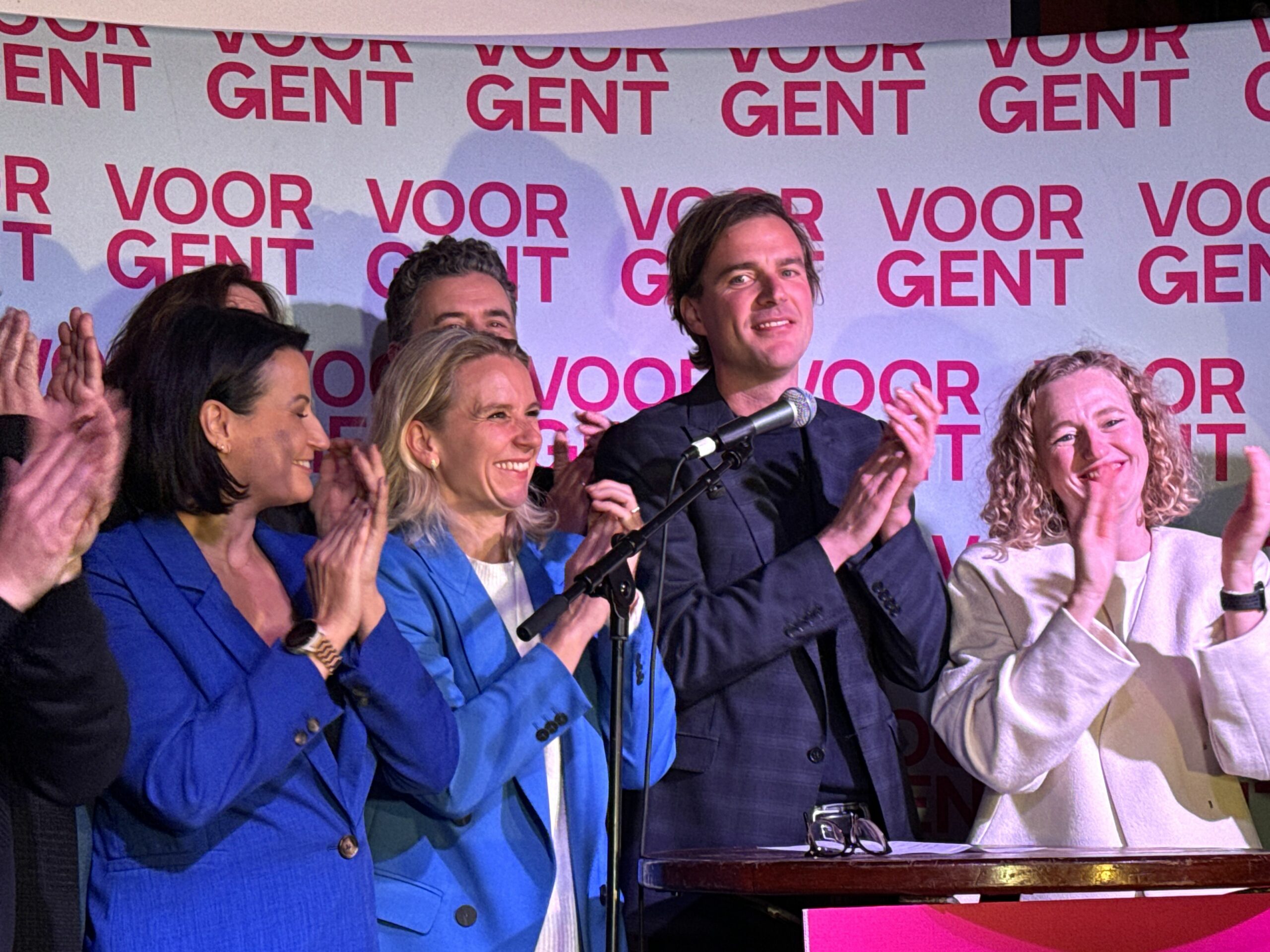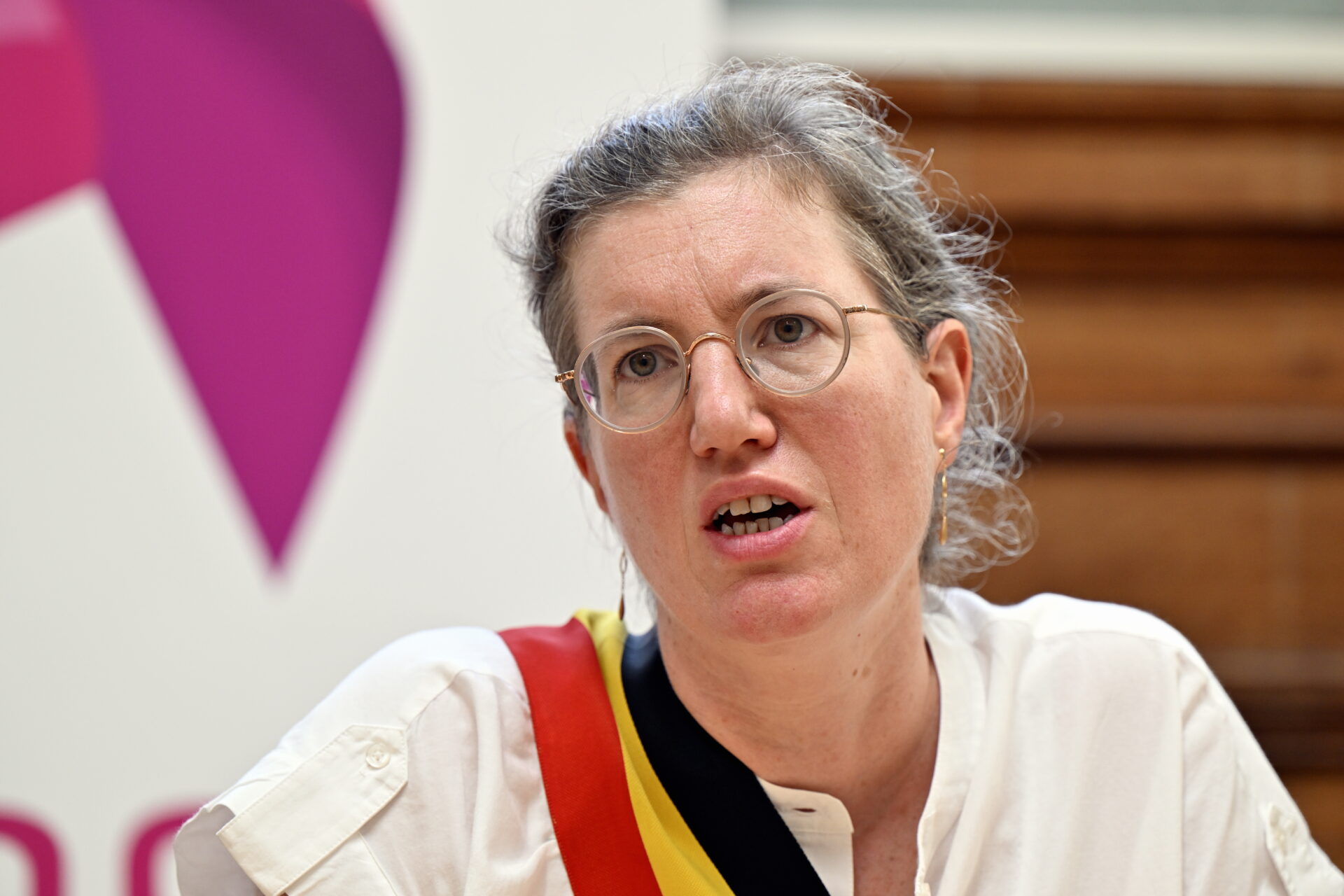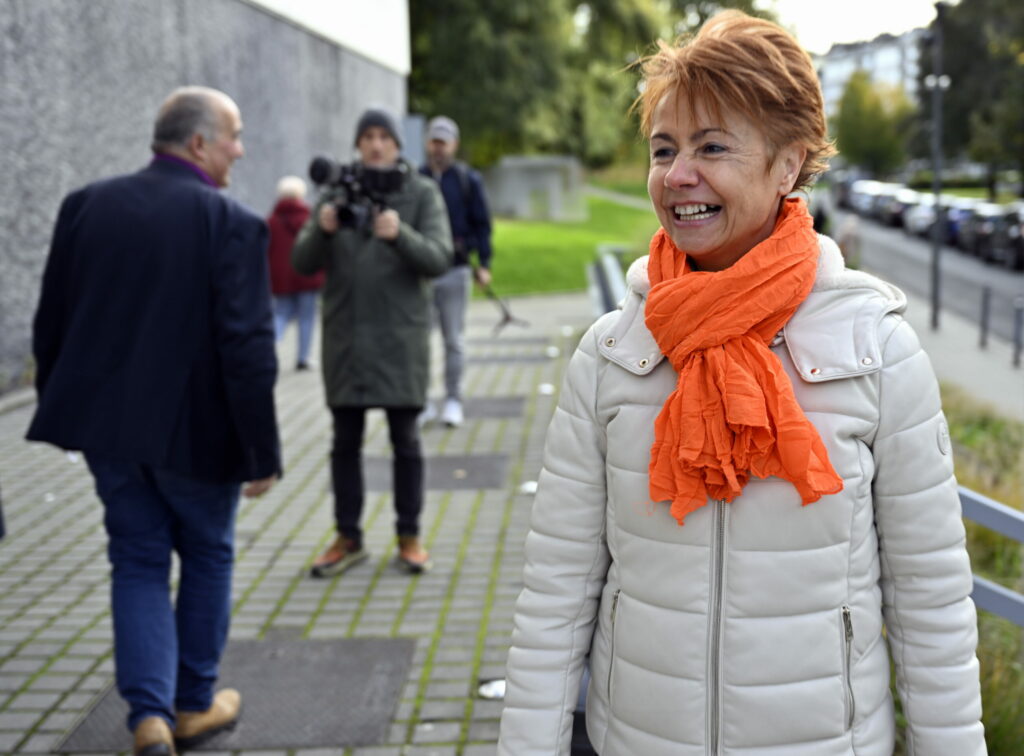More women than ever have been elected onto municipal councils across all three Belgian regions. The biggest increase in the share of women elected was in Wallonia, while in Brussels gender parity has almost been achieved.
As the dust settles after the municipal elections almost two weeks ago, it is clear that gender parity rules for elections in Belgium are bearing fruit, as the share of women elected to local councils is continuing to rise.
More than two decades ago, Belgium introduced a law requiring an equal number of men and women on all election lists. In Wallonia and Brussels, lists are also required to alternate between male and female candidates.
Biggest increase in Wallonia
In Wallonia, the share of women elected onto local councils has increased from 38.6% in 2018, to 42.36% in 2024. This was an increase of 3.76 percentage points, the largest jump of the three regions.
The provincial elections in Wallonia also saw more women elected, as the proportion increased from 43% in 2018, to 44.54% in 2024.
'Striking' rise in Flanders
While one of the stand-out stories of the municipal elections was a drop in turnout in Flanders (from 92.6% in 2018 to 63.5% this October) driven by the lifting of the legal obligation to vote, the region still saw an increase in the share of women elected.
The share of women elected onto municipal councils in Flanders increased from 38.4% in 2018, to 41.7% in 2024 (an increase of 3.3 percentage points).

A meeting of the 'Voor Gent' city list collaboration between Flemish liberal party Open VLD and socialists Vooruit, on the evening of the local elections on Sunday 13 October 2024. Credit: Belga / Jonas D'Hollander
The Flemish Home Affairs Ministry noted that the increase in women elected was "striking", as the share of women elected onto municipal councils increased from 38.4% to 41.7%, and the proportion of women elected to provincial councils rose from 42.3% to 48.6%.
"[On Sunday 13 October] voting without compulsory attendance was held for the first time. 63.5% of eligible voters went to the polls for the municipal and provincial councils. In the Flemish Government agreement, we agreed that there would be an evaluation of this compulsory attendance and the entire election process," said Flemish Home Affairs Minister Hilde Crevits.
"In the meantime, a study has been commissioned from the University of Ghent to gain insight into the voting behaviour of the Flemish. The figures that are published today also show that more women have been elected to the municipal and provincial councils," she added.
Nearing equality in Brussels
Meanwhile in Brussels, gender parity has almost been achieved. The share of women elected to municipal councils was 48.8% in 2018, and rose to 49.2% in this month's elections (according to data compiled by RTBF). Among the 19 Brussels municipalities, 356 men were elected, and 345 women.

Molenbeek-Saint-Jean Mayor Catherine Moureaux. Credit: Belga / Eric Lalmand
Behind the overhead figures, there are big differences between the municipalities. In Saint-Josse and Molenbeek, less than a third of the elected candidates are female (31%), while in Ixelles, Saint-Gilles and Auderghem it is more than double (respectively 62%, 63% and 70% of elected officials are women).
The RTBF analysis also highlights that there was a disparity between political parties in terms of how many women were elected: with 71% of elected candidates being female in Ecolo (Greens), while less than half of elected candidates with PS, Les Engagés and MR are women (40%, 46% and 48% respectively).

